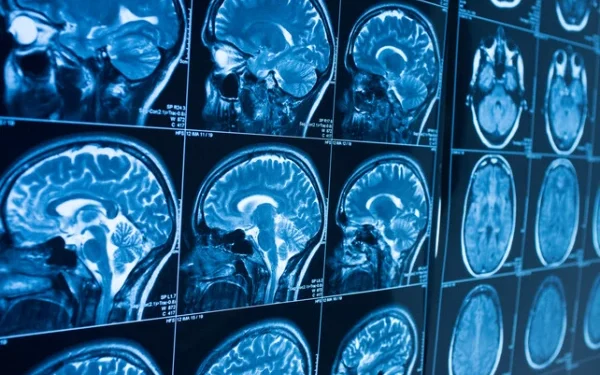New Research Reveals Connection Between Heart Health and Brain Volume Loss
A groundbreaking study published in the journal Neurology has revealed that heart disease may play a significant role in brain shrinkage, a condition commonly associated with dementia. The findings suggest that even mild heart problems could have long-term consequences on cognitive health, further emphasizing the importance of cardiovascular care for overall well-being.
Understanding the Study’s Findings
Researchers examined individuals with early signs of heart disease and discovered that they were more likely to develop brain changes linked to dementia. Specifically, people whose hearts were not pumping blood efficiently were found to have smaller brain volumes compared to those with healthy cardiovascular function. These results indicate that the heart’s ability to circulate blood effectively is directly correlated with brain health.
According to Dr. Frank Wolters, a senior scientist at Erasmus University Medical Center in Rotterdam, the Netherlands, “The study shows that even mild heart disease is associated with brain health. Assessing people for heart problems could help us detect any cognitive decline early and take effective measures for problems with memory and thinking skills.”
How Heart Disease Affects Brain Health
The connection between heart health and brain function is not new, but this study provides further evidence of how cardiovascular issues contribute to neurodegeneration. The brain requires a constant supply of oxygen-rich blood to function properly. When the heart struggles to pump blood efficiently, the brain receives less oxygen and essential nutrients, leading to cognitive impairment over time.
Key factors linking heart disease to brain shrinkage include:
- Reduced Blood Flow: A weakened heart pumps less blood to the brain, depriving it of necessary oxygen.
- Inflammation: Heart disease often triggers inflammatory responses that can damage brain cells.
- High Blood Pressure: Chronic hypertension damages blood vessels, reducing their ability to supply the brain with essential nutrients.
- Plaque Buildup: Arterial plaque restricts blood flow, which can lead to strokes and further cognitive decline.
Implications for Dementia Prevention
These findings highlight the importance of proactive cardiovascular care to potentially reduce the risk of dementia. Since dementia currently has no cure, focusing on preventive strategies could be crucial in minimizing its impact.
Ways to Maintain Heart and Brain Health
- Regular Exercise: Engaging in aerobic activities such as walking, running, or swimming improves cardiovascular health and promotes better blood circulation.
- Heart-Healthy Diet: A diet rich in fruits, vegetables, whole grains, lean proteins, and healthy fats can reduce the risk of heart disease and support cognitive function.
- Blood Pressure Control: Keeping blood pressure within a healthy range helps prevent damage to blood vessels that supply the brain.
- Cholesterol Management: Lowering bad cholesterol (LDL) and increasing good cholesterol (HDL) reduces plaque buildup in arteries.
- Stress Reduction: Managing stress through mindfulness, meditation, and relaxation techniques can improve heart health and brain function.
- Regular Check-Ups: Routine cardiovascular assessments can help detect heart problems early, allowing for timely intervention.
Future Research Directions
While this study establishes a strong link between heart disease and brain shrinkage, further research is needed to explore the mechanisms behind this connection. Scientists aim to investigate whether early treatment of heart conditions can slow or prevent cognitive decline. Clinical trials may also examine the effectiveness of specific heart medications in preserving brain volume.
Conclusion
The findings of this study serve as a critical reminder that heart health is intrinsically linked to brain function. With the rising prevalence of dementia and cardiovascular diseases worldwide, prioritizing heart care could be a key strategy in reducing cognitive decline. By adopting heart-healthy habits and seeking regular medical evaluations, individuals may be able to protect not only their hearts but also their cognitive abilities for years to come.

























